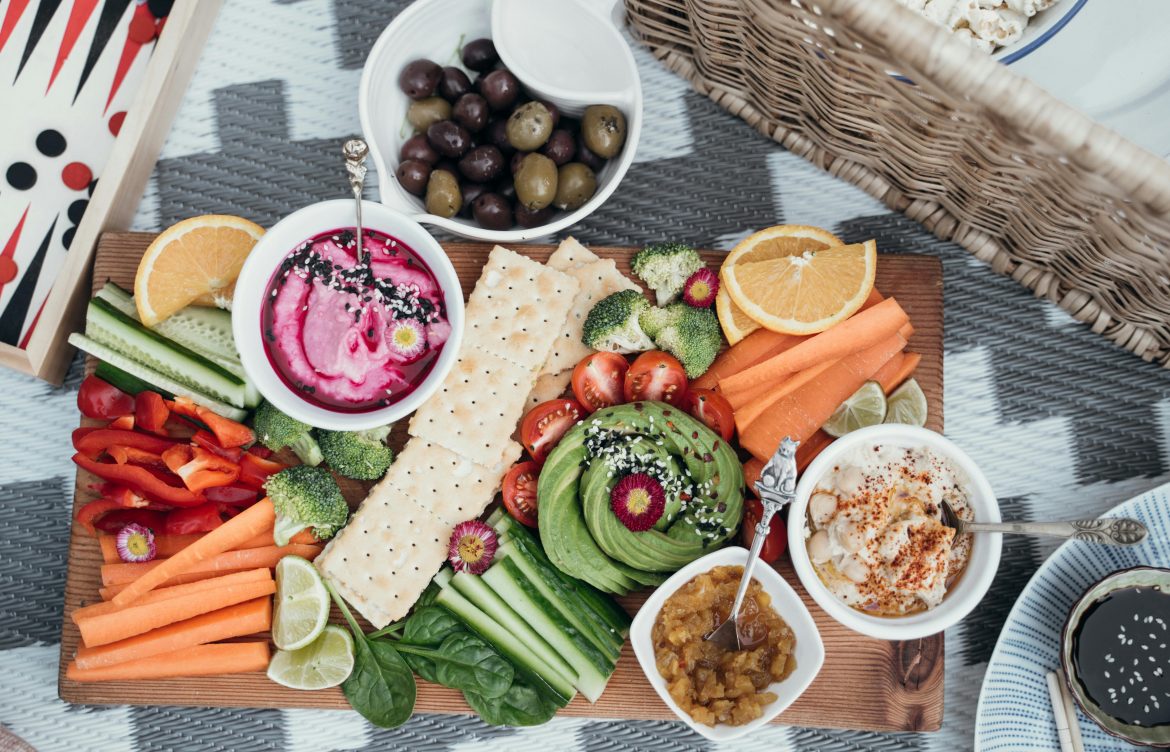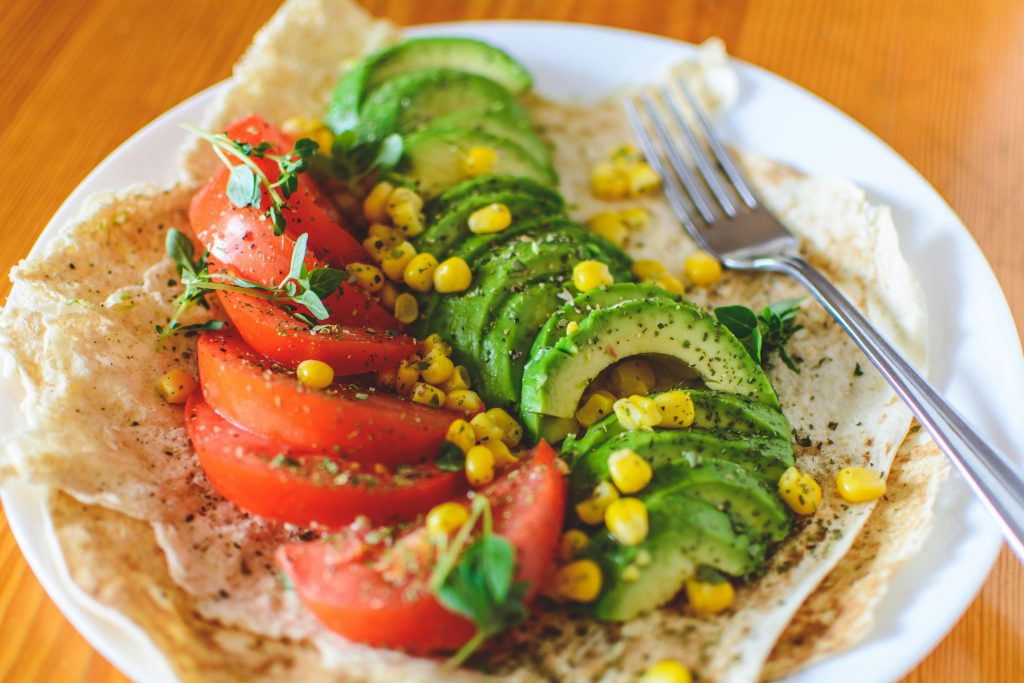
The Rise of Veganism in the Modern World
In recent years, there has been a seismic shift in the way people view food and nutrition. One of the most prominent changes is the rise of veganism. Once considered a niche lifestyle choice, veganism has now become a global trend, embraced by people from all walks of life.

But what exactly has fueled this shift towards plant-based eating, and what are the key pointers for adopting a vegan diet?
Let’s delve into the fascinating world of veganism and explore its growing popularity and the essentials of a balanced vegan diet.
The Rise of Veganism:
Health Consciousness
With increasing awareness about the health benefits of plant-based diets, more people are turning to veganism as a means to improve their well-being. Studies have shown that a well-planned vegan diet can lower the risk of chronic diseases such as heart disease, diabetes, and certain types of cancer.
Environmental Concerns
The environmental impact of animal agriculture is a significant driver behind the surge in veganism. People are becoming increasingly conscious of the carbon footprint associated with meat and dairy production, as well as the deforestation and water pollution it causes. By choosing plant-based foods, individuals can reduce their ecological footprint and contribute to sustainability efforts.
Ethical Considerations
Many people adopt a vegan lifestyle out of concern for animal welfare. The realization of the suffering endured by animals raised for food has prompted individuals to seek alternatives that align with their ethical values.
Celebrities and Influencers
The influence of celebrities and social media personalities cannot be understated in the rise of veganism. With celebrities advocating for plant-based diets and sharing their vegan recipes and lifestyle tips on platforms like Instagram and YouTube, veganism has become more accessible and appealing to a broader audience.
Pointers for a Balanced Vegan Diet:
Diversify Your Plate
A balanced vegan diet should include a variety of fruits, vegetables, whole grains, legumes, nuts, and seeds to ensure you’re getting all the essential nutrients your body needs.
Protein Power
Contrary to common misconceptions, plant-based foods can provide an ample amount of protein. Incorporate sources such as beans, lentils, tofu, tempeh, quinoa, and nuts into your meals to meet your protein requirements.
Don’t Forget B12
Vitamin B12 is primarily found in animal products, so vegans need to supplement or consume fortified foods like plant-based milk, nutritional yeast, and breakfast cereals to ensure they meet their B12 needs.
Omega-3 Fatty Acids
While fatty fish is a traditional source of omega-3s, vegans can obtain these essential fatty acids from sources such as flaxseeds, chia seeds, walnuts, and hemp seeds.
Calcium and Vitamin D
Ensure you’re meeting your calcium needs by including fortified plant-based milk, tofu, leafy greens, and almonds in your diet. Additionally, spend time outdoors or consider a vitamin D supplement to support bone health.
Iron-Rich Foods
Plant-based sources of iron include lentils, spinach, tofu, chickpeas, and fortified cereals. To enhance iron absorption, consume vitamin C-rich foods like citrus fruits, strawberries, and bell peppers alongside iron-containing meals.
Plan Ahead
Like any dietary change, transitioning to a vegan lifestyle requires planning and preparation. Experiment with new recipes, stock up on pantry staples, and familiarize yourself with vegan-friendly dining options in your area to make the transition smoother.